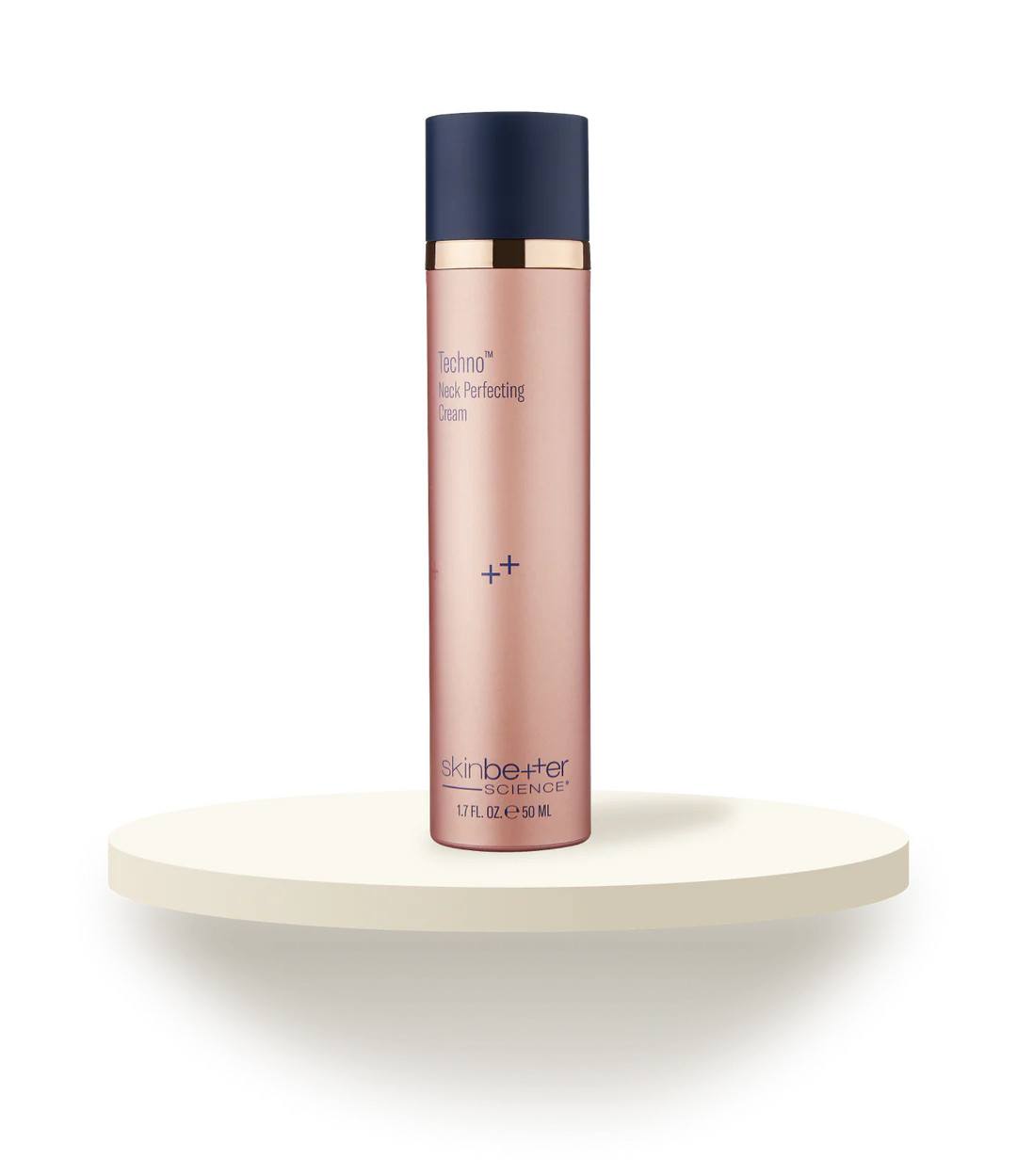Acne Scars
Pimples and blemishes don’t always fade away to nothing, and, just as there are several kinds of acne, there are several types of acne scars that breakouts can leave behind.
Acne scarring occurs when pimples and breakouts do not heal properly. While many blemishes will disappear without a trace, acne breakouts-ranging from mild to severe-have the ability to leave behind pitted, raised, or discolored scars. Fortunately, there are a variety of both professional and at-home treatment options to smooth skin and lighten after marks for all skin types.
Anyone who has ever dealt with a pimple or breakout knows that there are often several stages to the healing process. Some blemishes turn into dark spots that slowly fade away, while others leave behind markings and indentations, not unlike the scarring caused by more traditional wounds. So, what’s the difference between the two?
For starters, one is temporary and the other is not. Acne marks-formally known as post-inflammatory hyperpigmentation (PIH) or post-inflammatory erythema (PIE)- refer to the pink, red, brown, or black spots people experience in the immediate aftermath of a breakout, but ultimately disappear.
Acne scars, on the other hand, involve actual damage to the skin. Deep acne scars affect the underlying collagen and cause the fibrous tissue to heal improperly. As collagen production ramps up in an attempt to correct the damage, the repaired epidermis may not appear as soft or smooth as the previously healthy skin.
Similar to the way a bad cut on your arm might heal and leave behind a mark that is tougher, raised, indented, or a different hue than your normal skin color, scarring from acne can have the same impact.
Acne scars form after inflamed skin erupts into pimples (due to bacteria, excess oil, or dead skin cells clogging pores), and does not heal properly. When the acne lesions penetrate deep into the skin, they damage both the surface of the skin and the tissue beneath it. As the acne clears, the body tries to repair this damage. While minor breakouts (think: whiteheads and blackheads) tend to go away without a trace, more significant damage in the pores and follicle walls can lead to more severe acne lesions and, in turn, scarring.
During the healing process, the body produces new collagen-the protein component of connective tissue that gives support and structure to the skin. If the body produces too little or too much collagen, the skin will scar. In turn, that surplus or deficit of collagen determines the appearance and type of scar a person is left with. While acne scars are indeed a type of scar, there are special treatments that should be used for this specific scarring.
According to the National Center for Biotechnology Information, approximately 650 million people around the globe are impacted by acne and 40 percent of those individuals deal with scarring. While the causes of acne range from hereditary predispositions to lifestyle factors, scarring is always a possibility and a lack of treatment can worsen the chance of scarring.
There are two main categories of acne scars caused either by a loss of or an excess of collagen:
Within those two general categories, there are four more specific types of acne scars:
Each of these types of scars result in a different formation of scar tissue on the surface of the skin. Considering their formations can differ, it is important to know the type you have when seeking the best type of treatment.
Over-the-counter and at-home skin care treatments are available to help lessen the appearance of acne scars. Acne scars on those with darker skin pigmentation may not show as much as those with lighter skin, lessening the need to seek treatment.
If the scar tissue is visible and presents itself as a problem, it is probably best to start with skin-care products such as creams and gels. If those do not help with lessening the appearance of the scars then it most likely is time to seek a professional procedure.
Although acne scarring of any kind is permanent, there are both invasive and non-invasive treatment options that can work to minimize the skin indentations and abnormalities it causes. Be sure to consult a board certified dermatologist regarding any potential side effects before pursuing any of the following treatments, and you can also check out our complete guide to acne scar solutions.
